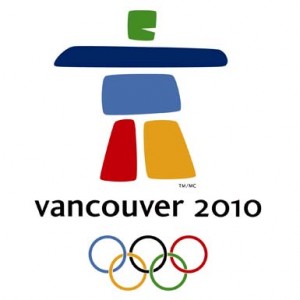Customers: The ultimate judges
2/22/10 / Holly Russo

It’s funny to me that, watching the Olympics, I suddenly feel as though I am an expert on whatever sport I happen to be watching, even though it’s usually something that I only really ever watch, oh, once every four years. Let’s take ice skating, for example. There is nothing about my interpretation of what they are doing on the ice that stands as an expert opinion.

Of course it really doesn’t matter what I think anyway. I’m sitting on my couch eating popcorn while the experts are the ones judging the competition. They watch, and based on their expertise and experience, label the performances with their best opinion as to what it was “worth.” Then the Olympian sits down in front of a camera, and with an anxiety level that I will probably never truly be able to understand, receives their score minutes later.
How’s that for feedback? The athlete finishes a routine. He or she likely knows a few places where they could have done better and places where they excelled, but isn’t sure how other parts of the routine may have gone…they don’t know what the judges saw or felt, and furthermore, how that compares to the competition. As an analyst who is always looking for connections and meaning, I can’t help but think how this compares to a company’s desire to understand their own performance, and to have that kind of feedback from customers.
What would your score be? What would flash up on the screen after someone takes their first bite of your product, or visits your store? What do your fans think…and what do your biggest critics think? Why? You probably have some excellent hypotheses and reasons that you already know are true, but there are quite often others tucked away within both your current and potential customers. Enter, research.
Using research to learn more about your audiences is nothing to be ashamed of, especially when you want those gold nuggets of information in the form of feedback. Heck, even NBC is dropping some serious moola to learn more about media consumption among viewers of the Olympics. They’re combining classic research techniques such as interviews, with the monitoring of social media websites, among other methods. It’s interesting that a media behemoth like NBC still doesn’t pretend to have it all figured out. They use research to stay ahead of the game, and to know their audiences. It’s how they keep their “score,” so to speak, high. (Unless, perhaps, you speak with Conan O’Brien.)
Visa uses the slogan, “Go World” for their campaign. Me? As a huge fan of the Olympics as well as capitalism, all I can say is, “Go athletes! Go business!”
Want to understand your score? Corona can help you discover how you stack up among your competition.